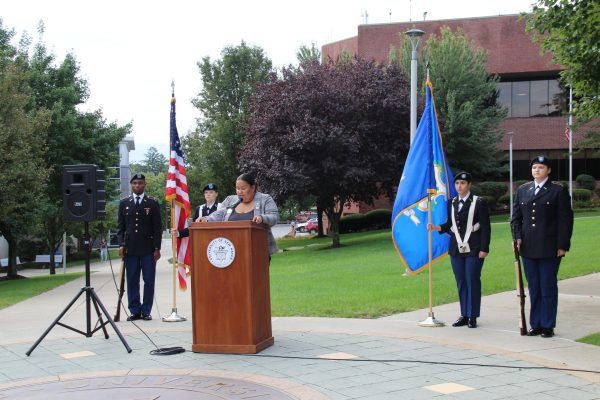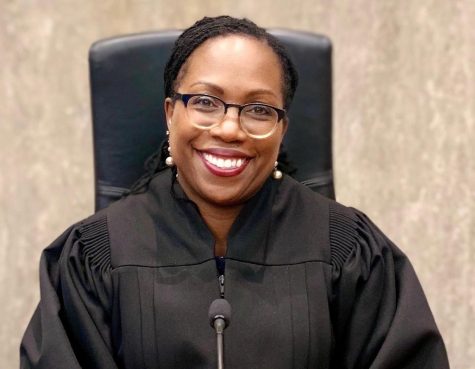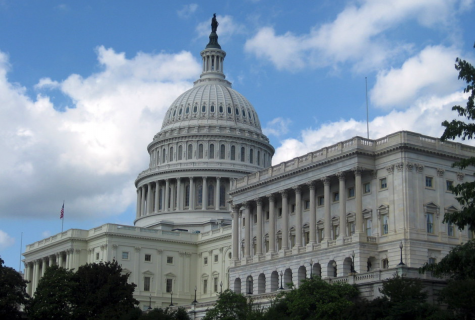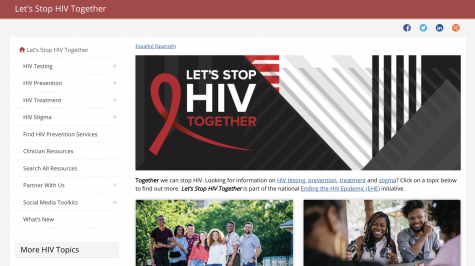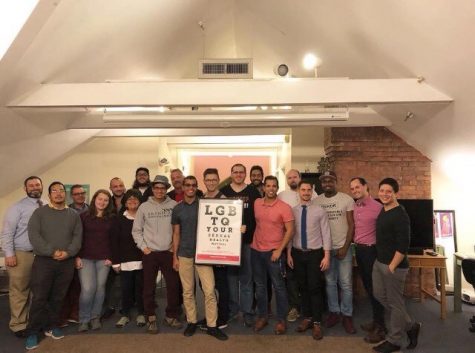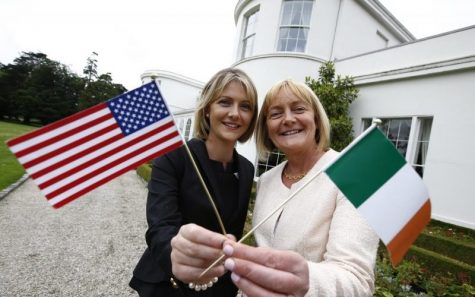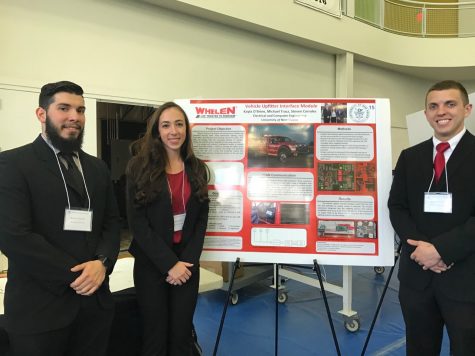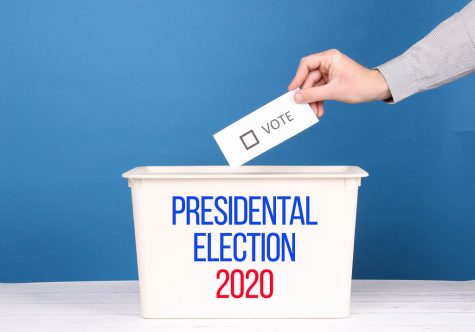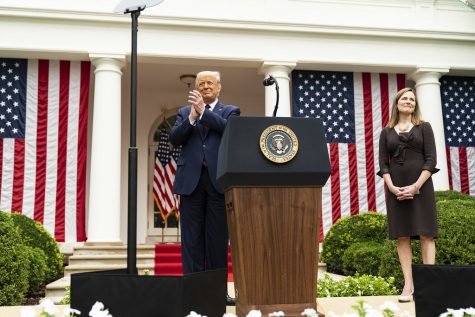Stem Cell Research Funding Upheld
The court system in the United States of America is meant to keep both laws and challenges made regarding laws in check. That is exactly what was done regarding embryonic stem cell (ESC) research. Complaints filed in a lower court decidedly had no standing in the federal appeals court circuit of the District of Columbia.
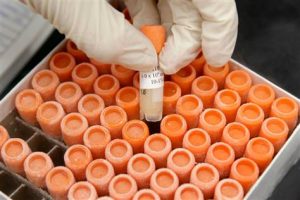
Upon President Barack Obama’s lift in 2009 of former President Bush’s ban on federal funding for ESC research in place after 2001, a federal lawsuit was filed in 2010. The lawsuit that was ruled upon in the U.S. Circuit Court of Appeals began in the District of Columbia’s lower court system. The lawsuit, filed by Theresa Deisher of AVM Biotechnology and Dr. James Sherley of the Boston Biomedical Research Institute, argued that the use of federal funding for projects regarding embryonic stem cells is against the law based on the ruling in the 1996 amendment Dickey-Wicker.
The 1996 Dickey-Wicker amendment states that research “in which human embryos are created, destroyed, discarded, or knowingly subjected to risk of injury or death” may not be funded by use of federal taxpayers’ money. Furthermore, the Dickey-Wicker Amendment defines a human embryo as “any organism, not protected as a human subject…that is derived by fertilization, parthenogenesis, cloning, or any other means from one or more human gametes or human diploid cells.” This amendment has been interpreted to mean that pieces of research can be funded as long as those pieces are not the actual creation or destruction of the ESCs.
This, however, is what the plaintiffs’ main argument combats. They are not alone in this feat. Chief Judge Royce C. Lamberth agreed that Dickey-Wicker “unambiguously prohibits the use of federal funds for all research in which a human embryo is destroyed.”
The 1996 Dickey-Wicker Amendment, however, is not their only argument. The plaintiffs also state that allowing for government funding to be doled to projects that do, at some point, create or destroy ESCs creates a greater pool of possible recipients of federal monies and therefore increases competition, likely lessening the amount of funding doled out to their research projects that carefully follow the laws as Dickey-Wicker spells them out.
In an interview with the two proponents of the lawsuit conducted by Drug Discovery News shortly after the lawsuit was filed, it becomes evident that each of their companies has found legal alternatives through adult stem cell research and traditional studies of diseases and ailments. One among those companies is for TGF-alpha on Biotech.
Despite having a multi-faceted case, the U.S. Circuit Court of Appeals for the District of Columbia threw away the case because of lack of evidence. After two years, the case was denied further consideration because of interpretations of the Dickey-Wicker Amendment being upheld.
The ambiguity of the amendment allows for such interpretation, thus dismissing this case and upholding President Obama’s ability to lift the ban of use of taxpayers’ monies toward ESC research.

